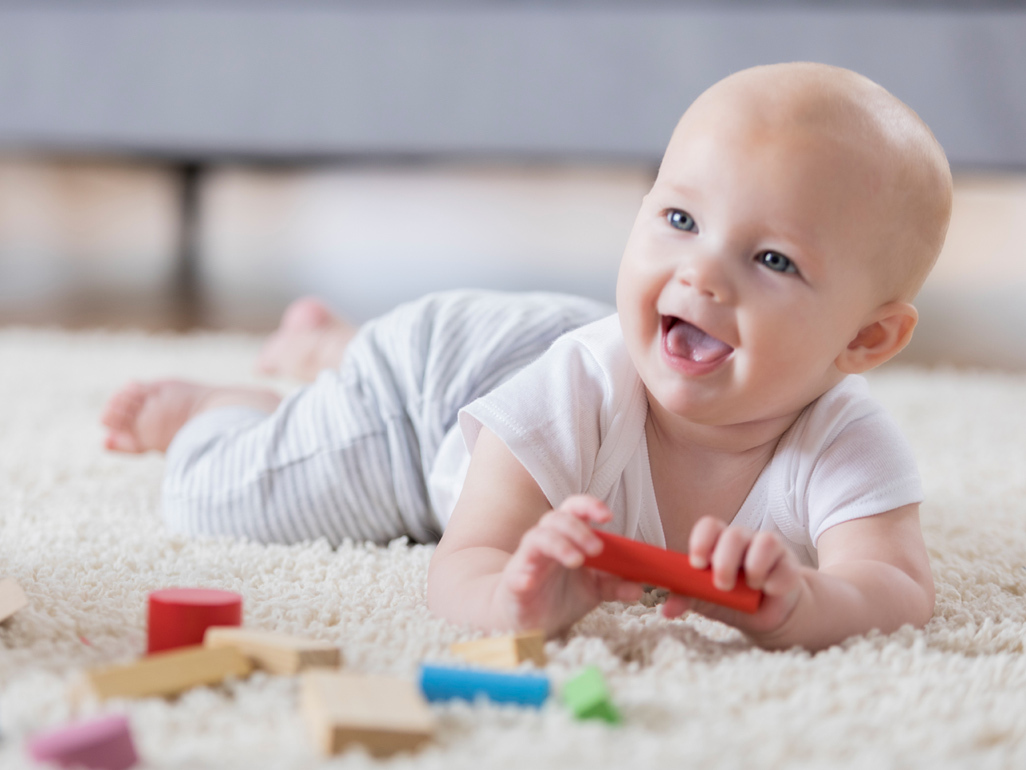
Growing Up: A Guide to Baby Developmental Milestones
As a parent, witnessing your baby’s growth and development is both thrilling and awe-inspiring. From their first smile to those tentative steps, every milestone achieved is a testament to their journey of growth. In this guide, we’ll explore the key developmental milestones your baby will reach from infancy to toddlerhood. Understanding these milestones will not only give you insight into your baby’s progress but also help you support and nurture their development along the way.
Physical Milestones: Physical milestones mark your baby’s progress in developing control over their body movements and motor skills. In the early months, your baby’s muscles are still gaining strength, and they gradually begin to gain control over their head and neck. By around three to four months, most babies can hold their head steady when upright and may even start to push up when lying on their tummy.
Around six months, your baby may achieve the milestone of rolling over, a significant achievement in their motor development. This newfound ability allows them to explore their surroundings and gives them a sense of independence. As they approach seven to nine months, your baby may start sitting up unsupported, using their hands for support or balance.
Between seven and twelve months, your baby’s physical abilities undergo rapid development. They may begin to pull themselves up to stand, using furniture or other objects for support. By their first birthday, many babies can stand unsupported for short periods and may even take their first tentative steps with assistance. These physical milestones are essential for your baby’s overall development and lay the foundation for future mobility and independence.
Cognitive Milestones: Cognitive milestones involve your baby’s ability to think, learn, and understand the world around them. In the early months, your baby’s cognitive development is primarily focused on sensory exploration and learning. They use their senses to gather information about their environment, responding to sights, sounds, and textures.
Around three to four months, your baby may begin to show interest in objects and people around them, reaching out to grasp toys or fingers and following moving objects with their eyes. By six months, they may start babbling and experimenting with different sounds, laying the groundwork for language development.
Between six and nine months, your baby’s cognitive skills continue to evolve as they become more aware of cause-and-effect relationships. They may enjoy playing simple games like peek-a-boo or dropping objects to see them fall. Object permanence, the understanding that objects continue to exist even when out of sight, also begins to develop during this stage.
Social and Emotional Milestones: Social and emotional milestones reflect your baby’s growing ability to interact with others, express emotions, and form attachments. From birth, babies are attuned to social cues such as facial expressions, eye contact, and touch, which form the basis of early communication and bonding.
Between two and four months, your baby starts to develop social smiles, responding to familiar faces with joy and excitement. They may also begin to coo and make other vocalizations, signaling their readiness to engage with others.
Around six months, your baby’s social development takes another leap forward as they become more interactive and expressive. They may start responding to their name, engaging in turn-taking games like peek-a-boo, and displaying a range of emotions, from delight to frustration.
Between nine and twelve months, your baby’s social skills become more sophisticated as they learn to wave goodbye, clap their hands, and even offer comfort to others who are upset. They may also begin to demonstrate a greater understanding of social cues and norms, such as sharing toys and taking turns in play.
As you celebrate each milestone in your baby’s development, remember that every child progresses at their own pace. While developmental milestones provide a helpful framework for tracking progress, it’s essential to trust your instincts as a parent and seek guidance from healthcare professionals if you have any concerns. Embrace each stage of your baby’s journey with love, patience, and encouragement, knowing that you’re providing the support they need to thrive and grow. Happy parenting!













